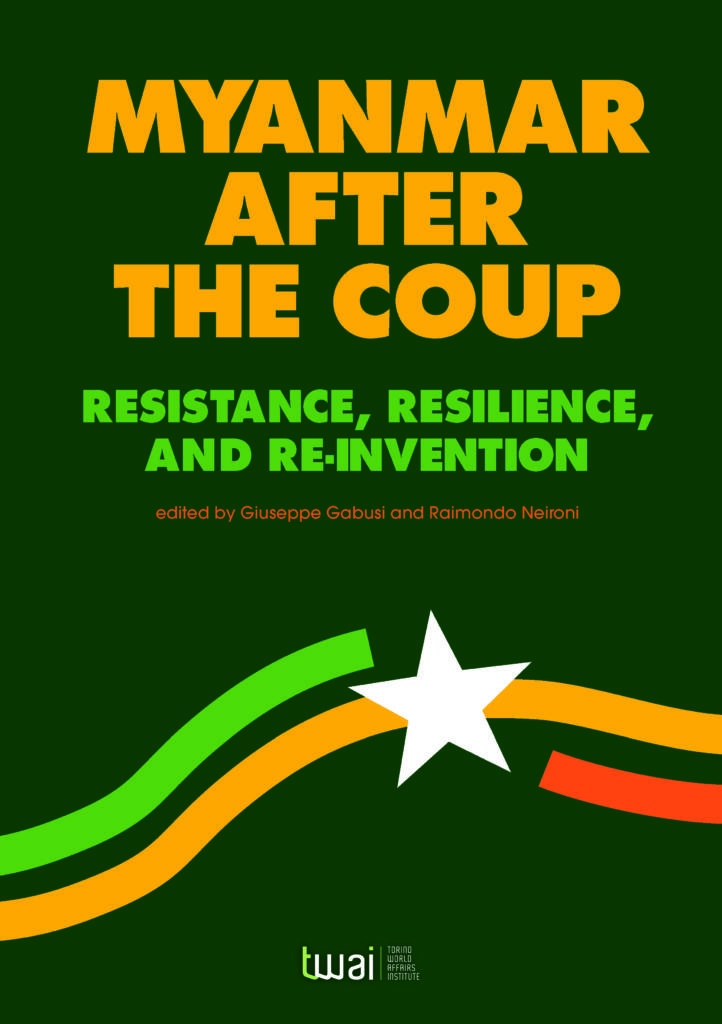
On 18 and 19 February 2022, one year after the military coup in Myanmar, T.wai – Torino World Affairs Institute hosted a hybrid international conference in partnership with the Department of Cultures, Politics and Society of the University of Turin and with the support of the City of Turin and the Fondazione Compagnia di San Paolo. The conference, co-convened by Giuseppe Gabusi and Stefano Ruzza of the University of Turin, Nicholas Farrelly of the University of Tasmania, and Anja-Désirée Senz from Heidelberg University, was organized by Myanmar-Europe Research Network, which aims to promote mutual exchanges and build research capacities within the scholarly community for studies on Myanmar.
In this spirit and, in particular, to give “voice” to young scholars both in Europe and in Myanmar, the conference reflected on the political, social, and economic situation of the country under military rule. The coup had ended 10 years of the country’s political regime gradually and tentatively transforming into a semi-civilian, more inclusive, and less confrontational government but did not solve any of the major challenges the country faces going forward. The arrests of Aung San Suu Kyi and a large number of lawmakers from the National League for Democracy (combined with serious violations of human rights) have prompted resistance from all sectors of society, and Myanmar’s people have proved resilient in pursuing their ideals while muddling through their daily lives. It is also clear to anyone that – even in the case of a return to “disciplined democracy” with new elections in 2023 – the country’s entire institutional framework needs to be reinvented to avoid the fate of a North Korean–style “black hole” in one of the most thriving and economic successful regions of the world.
This book collects some of the papers that academics and practitioners alike presented at the conference. Although they deal with different topics (from the role of young people and social media in the protests to the state of the country’s education system to the situation in the borderlands, and from economic issues to the labor movement), they share common concerns about Myanmar’s future, address crucial issues, and sometimes offer suggestions for a possible way forward.
While its neighbors, despite many ups and downs and to different degrees, seem to be on a path toward modernization and prosperity, Myanmar is mired in political violence, economic insecurity, and social despair. At present, the international community is (rightly) focused on the devastating consequences of Russia’s invasion of Ukraine, and this book is a call not to forget the need of engaging Myanmar, its people, and its scholars to work toward a better future for us all.
In addition to the sponsors of the conference, this book has also been supported by Canada’s International Development Research Centre (IDRC – CRDI) and the Myanmar–Italy Chamber of Commerce (I.MY.B.C.). Our heartfelt thanks go to them too, as well as all the authors of the individual chapters: Without their supportive effort, this book would never have seen the light of day.


Copyright © 2025. Torino World Affairs Institute All rights reserved
